By Sufuyan Ojeifo
In a situation of partisan frenzy in Nigeria, it is normal for political parties and their operators to perceive some actions of the Independent National Electoral Commission (INEC) as promotional of the interest of the governing party. There is constantly the tendency for observers to deliberately reconstruct the notion of neutrality, denying it the elemental inviolability, in matters of administrative relationship between the executive arm of government and the electoral body, due largely to the influence of the superintending force of the executive.
There seem to be a consensus among politically-conscious and enlightened Nigerians that the so-called independence INEC exists only in nomenclature. They see it as an unconscionable contrivance by officialdom to hoodwink other stakeholders who are not in a position to deploy the institution of the electoral body in securing electoral advantage.
Some previous actions by the Commission had validated its insalubrious place, in the matrix of administrative operations and decision-making, as an appendage of the executive arm of the federal government. The exertion by INEC, over the years, to preserve the veneer of an independent body, has been futile. Therefore, in interrogating the principle of its independence, it is inevitably clear that it is only a matter of degree. The summative verdict is that the electoral body is not entirely independent.
That understanding has motivated the regular criticisms of INEC by the leading opposition Peoples Democratic Party (PDP). The PDP believes that the governing All Progressives Congress (APC) exercises administrative control over INEC; and, therefore, every plan, action and decision of the electoral body that affects the stakeholders, no matter how well-intentioned, is viewed with suspicion and subjected to strident criticism.
One of such was the purported plan by the electoral body to gerrymander ahead of the 2019 general election. To gerrymander is to manipulate the boundaries of an electoral constituency to favour one party or class. To be sure, gerrymandering which, in U.S. politics, means drawing the boundaries of electoral districts in a way that gives one party an unfair advantage over its rival, is derived from the name of Governor Elbridge Gerry of Massachusetts, whose administration enacted a law in 1812, defining new state senatorial districts.
INEC, under Professor Attahiru Jega, was criticized for its alleged plan to create additional 30,000 polling units ahead of the 2015 general election. In fact, the plan was dogged by ethno-regional or geographic anxiety. The southern part of the country kicked because of reports that more than 70 percent of the new polling units would be created in the northern part. It was feared that the exercise would confer electoral advantage on the northern part and its consensus candidate in the 2015 presidential poll, Muhammadu Buhari.
In the circumstance of political tension, the plan was filibustered and never actualised. Clearly, creation of new polling units is an emotive issue. It is thus understandable why INEC, under the leadership of the incumbent chairman, Professor Mahmoud Yakubu, could also not pull it through in spite of having had enough time to deal with it. Whereas, it is a constitutional issue, the process of tinkering with the boundaries and electoral units should have been activated as soon as the 2015 general election was concluded.
Taking the issue through the laid-down constitutional process would have quieted raging opposition to it. The fear that INEC was likely going to embark on the perceived illegality of creating new polling units has been the plank of the opposition’s criticisms. Interestingly, pushing back against the allegation by the PDP that it was planning to do so to compromise the 2019 general election, the Commission had issued a rebuttal of the alleged plan by it to gerrymander.
Sometime in April 2018, the Commission had, through the Chief Press Secretary to the chairman, Rotimi Oyekanmi, issued a statement to clarify the subject. He said that the Commission had, as of the time, received 3,789 requests nationwide for the creation of new polling units, explaining that the Commission had directed its Resident Electoral Commissioners (RECs) to assess the requests and provide it with information on new settlements not served or inadequately served by existing polling units.
The Commission said that the RECs were also to assess and provide information on areas affected by communal and other conflicts that would make voting in existing polling units unsafe for voters. According to the Commission, “It is these reports and the information they contain that will be collated and carefully examined by the Commission in order to determine what changes may be necessary in the current polling unit profile of the country.”
Consequently, the Commission dismissed as false, misleading and unfounded the insinuation that it intended to create 30,000 new polling units to compromise the 2019 general election. But the Commission had reportedly said it would embark on the exercise after the 2019 general election. Regardless, the opposition parties, especially the PDP, have continued to monitor the Commission to ensure it does not circumvent the process, supposedly, to foist on the nation illegal polling units in the guise of preserving the rights to vote exercisable by eligible but internally displaced Nigerians (IDPs) living in IDP camps in parts of the country.
But for the constitutional provisions undergirding the creation of polling units, which inextricably link the process with boundary adjustments, the exercise of creating new polling units to take care of IDPs would have been the right way to go. The IDP camps are recognizable settlements inhabited by Nigerians and, therefore, creation of new polling units would preserve the voting rights of eligible voters in the camp. Besides, deployment of election officers and materials in the affected settlements can be monitored by the Commission.
Perhaps, the fear of the PDP is that because IDPs’ settlements derive their sustenance from government, they can easily be “swayed” to support the government, president and party in power. The thesis is that the bloc votes from IDPs’ camps may be susceptible to easy manipulation due to unconventional problem of deployment of logistics for monitoring those settlements by the opposition parties.
The reported insistence by the electoral body to pilot something that approximates the essence of the new polling units, to wit: Voting Point Settlements (VPS) should be allowed to take care of new settlements (not necessarily IDPs), which have sprung up in and around the Federal Capital Territory (FCT). The understanding one gets is that the registered voters will be transferred to VPS closer to where either the migrated voters live or like Gwarimpa, the largest estate on African continent, with only four polling units, according to Professor Yakubu. Can the logistics of pushing that through be easily surmounted in about six weeks to the general election?
How will the Commission know those who have relocated without the affected persons coming forth with such information? A situation where eligible voters will defy movement-restriction order to go to where they originally registered to cast their votes is inevitable. All stakeholders, including security agencies, must obligatorily show understanding.
Although, the opposition has kicked against the VPS, INEC does not appear ready to shift ground. Yakubu said a few days ago that the VPS were meant to aid Abuja voters, especially those who have moved very far away from where they registered. If the pilotage in FCT is not constitutionally encumbered, it should be a good starting point.
Besides, if the overarching idea is to ensure that eligible voters are not disenfranchised in the exercise of their civic rights, then the stakeholders, more especially the opposition parties who are worried about the perceived Machiavellian end to which the governing party could deploy the process in cahoots with INEC, should give the electoral body the benefit of the doubt, in the national interest.
-
Ojeifo sent this piece via ojwonderngr@yahoo.com














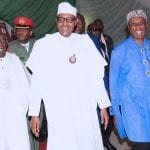
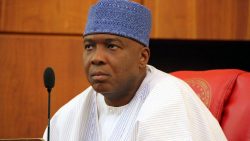
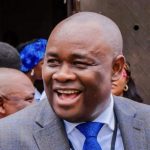


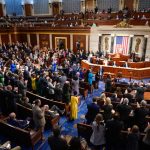
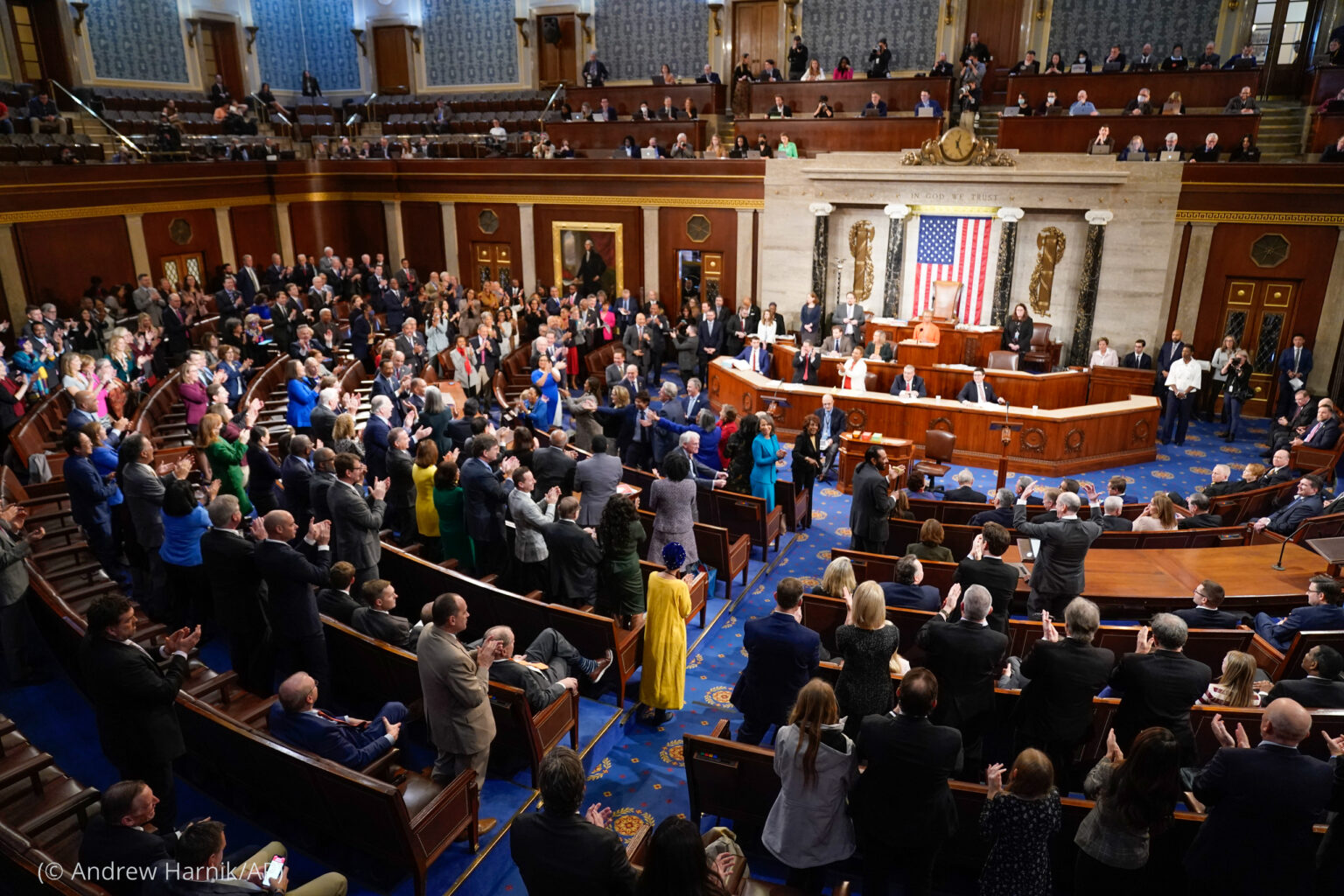
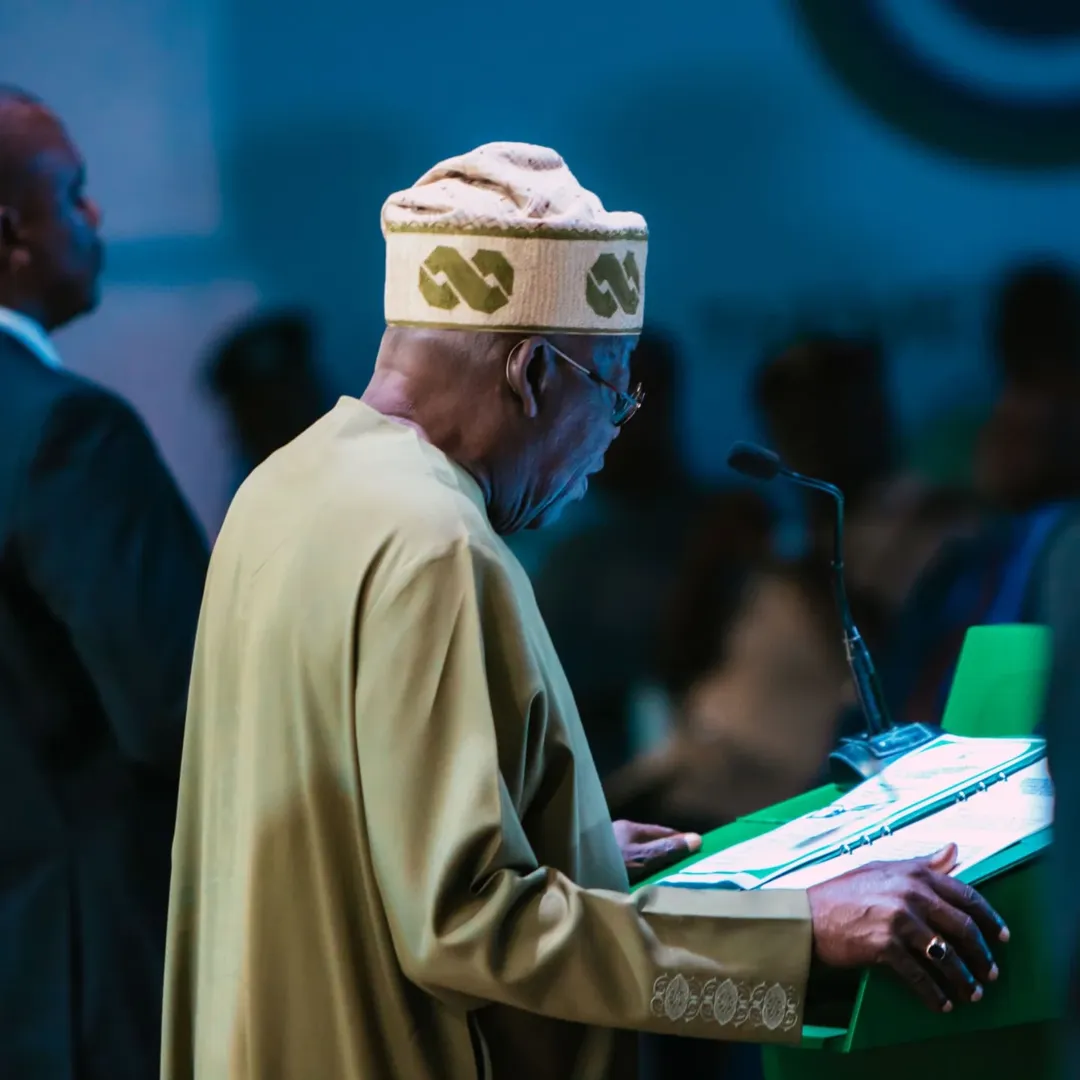


Leave a comment